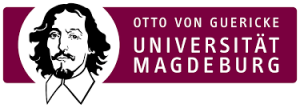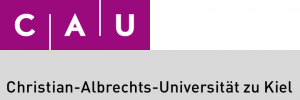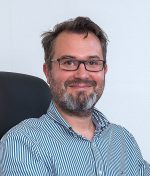
Guest lecture by Prof. Sven Grundmann (University of Rostock) on the 17th of January 2023
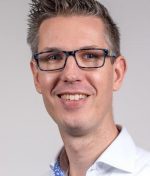
Guest lecture by Prof. Niels Deen (Eindhoven University of Technology) on the 5th of December 2022
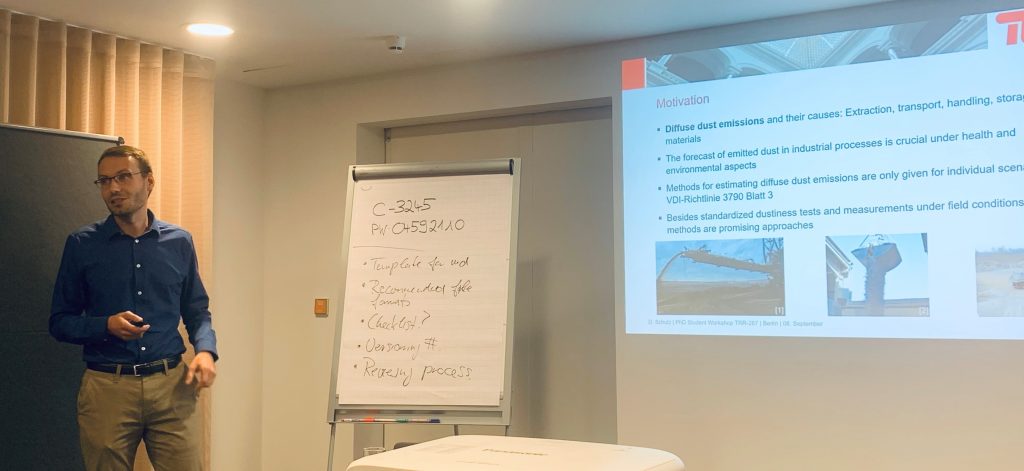
Doctoral Researcher’s Workshop
From 7th to 9th September 2022, the second self-organised PhD Student Workshop took place in Berlin. 25 participants, Doctoral Researchers and Postdocs from Bochum, Magdeburg and Kiel met in the German capital.
7 – 9 September 2022 in Berlin, Germany
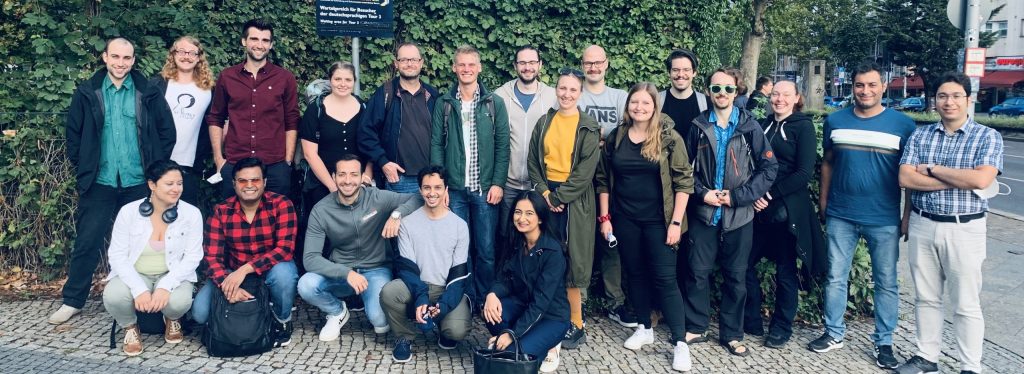
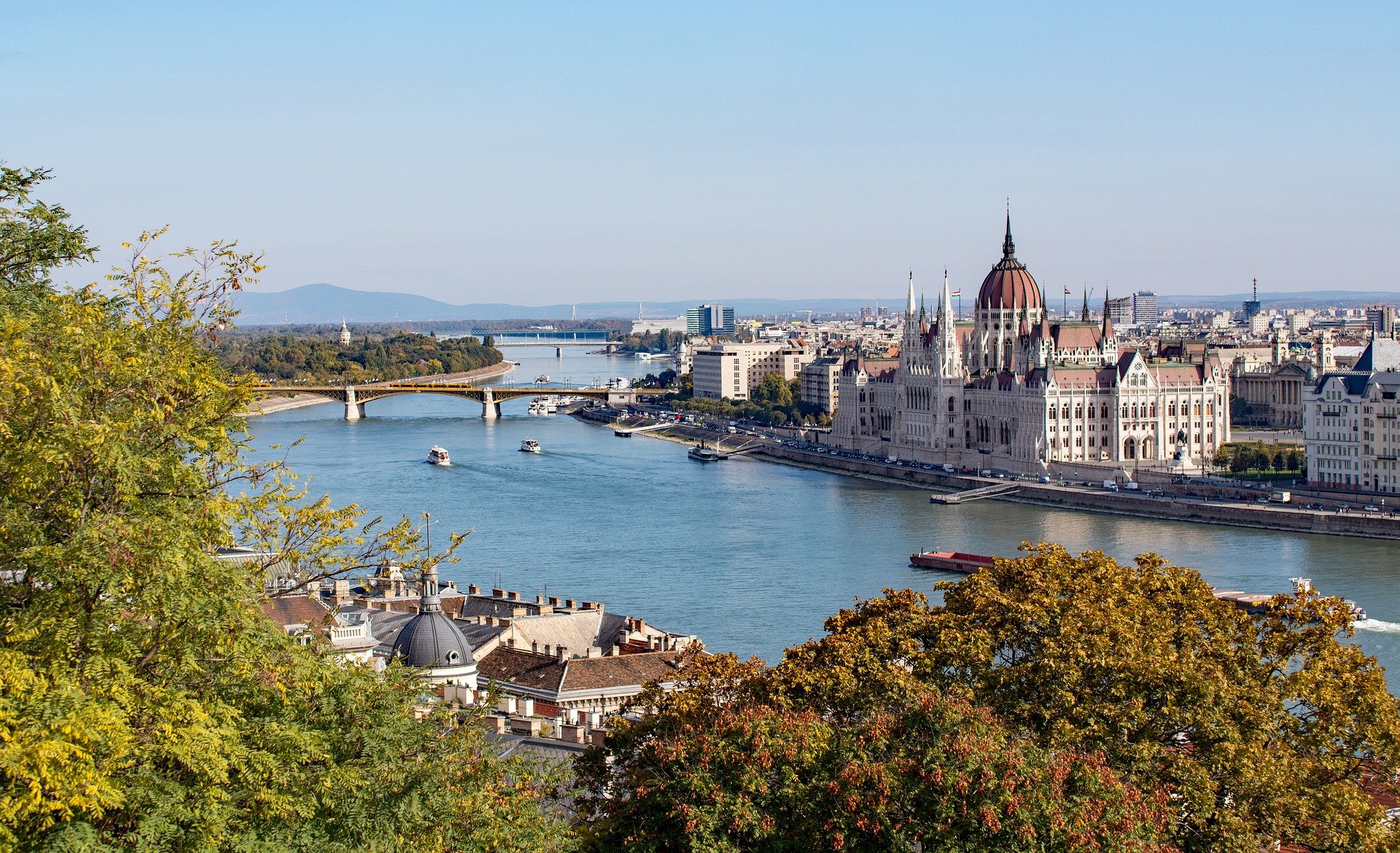
The CRC/TR 287 organized a workshop at the Conference on Modelling Fluid Flow:
DEM/CFD simulation in Process Engineering
and is organized by Prof. Viktor Scherer and Prof. Domique Thévenin.
The following invited talks will be given:
- Discrete element modelling of non-spherical particles in turbulent gas-solid flows Prof. Berend van Wachem, Otto-von-Guericke-Universität Magdeburg
- Recent Advances in CFD-DEM simulation of fluidized beds
Dr. Falah Alobaid, Technische Universtät Darmstadt - Machine learning-based closure evelopment of cohesive gas-particle flows
Prof. Stefan Radl,Technische Universtät Graz - CFD-DEM modelling of shaft furnaces, using the Volume Fraction Smoother approach
Dr. Christoph Spijker, Montanuniversität Leoben - Local flow resolution with the blocked-off method in DEM/CFD –
gaseous fuel jet dispersion and combustion in a particle assembly
Dr. Enric Illana, Ruhr-Universität Bochum
30 August – 02 September 2022 in Budapest, Hungary
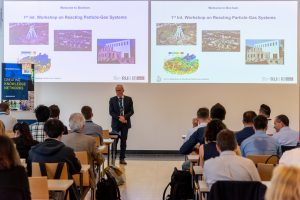
The 1st International Workshop on Reacting Particle-Gas Systems taking place in Bochum, Germany, from the 8th to 9th June 2022 was a great success. The workshop was organized by the CRC/TRR 287.
08 June – 09 June 2022 in Bochum, Germany

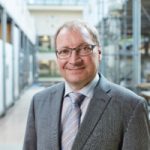
Stirred tank reactors are frequently used for mixing as well as heat and mass transfer processes in chemical and biochemical engineering due to their robust operating behavior. In addition, stirred tank reactors have been intensively investigated and documented, especially in chemical process engineering. For cell culture processes, however, special requirements must be met to ensure optimal cell growth and product quality. For this reason, an industrial scale stirred tank reactor made of acrylic glass was set up at the Institute for Multiphase Flows in Hamburg and has been characterized regarding power input and mixing time performance experimentally in detail. In addition, the complete optical access to the system enables the measurement of mixing time distributions and flow trajectories for the validation of numerical simulations.
In the presentation, the system and the measurement methods will be introduced. It will be discussed how these new methods can enable novel and much deeper insights into mixing processes compared to common approaches.
Guest lecture by Prof. Michael Schlüter (Hamburg University of Technology TUHH) on the 04th of March 2022
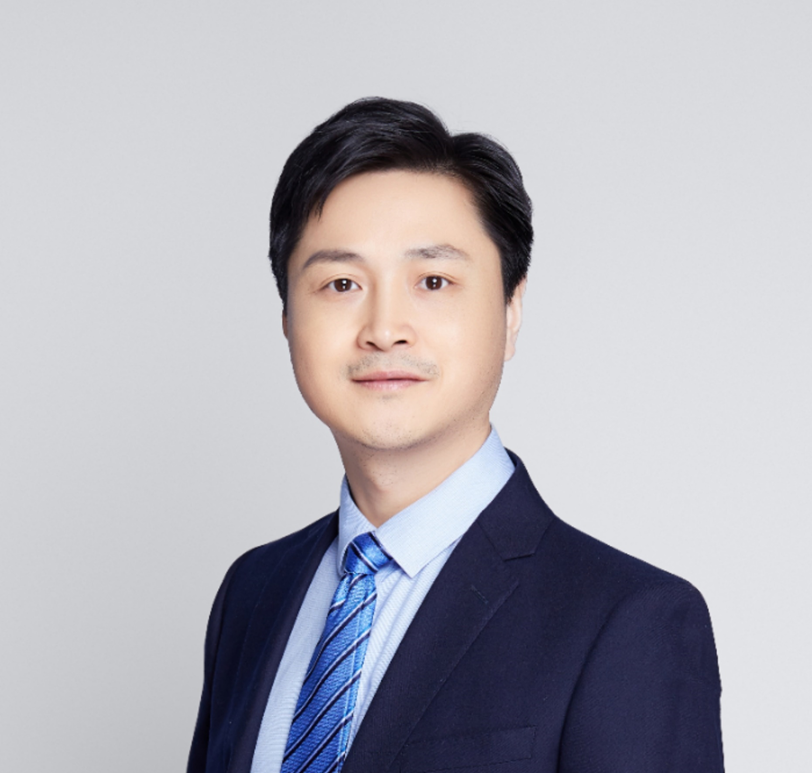
Dense reactive flows have been extensively applied in industrials, such as coal/biomass gasification and combustion in fluidized beds. To achieve an optimized performance for the design and operation of the system, the micro- and macro- behaviors of dense reactive flows including solid mixing, cluster, regime transition etc. should be well-understood. However, deep insights into these facilities challenge the capacity of measuring techniques due to the harsh conditions within the apparatus. Although efforts have been taken to investigate reactive fluidized beds under various conditions, there is still a lack of thorough understanding on the interplays among the gas-solid hydrodynamics, heat transfer, and chemical reactions. It is noted that most previous numerical studies on the reactive fluidized beds were based on the continuum-based simulations, in which it is difficult to achieve the particle-scale information. Comparatively, the coupling of computational fluid dynamics (CFD) and discrete element method (DEM) in the Eulerian-Lagrangian framework has emerged as a powerful tool to provide predictions with detailed particle-scale information, which facilitates the investigations of underlying mechanisms in fluidized beds. This talk will present an overview of the work in this field at Zhejiang University. It covers particle-resolved direct numerical simulation (PR-DNS) and combined computational fluid dynamics (CFD) and discrete element model (DEM) as well as coarse-grained models on dense reactive flows in fluidized beds from the perspective of sub-particle, particle, and particle parcel scale. Heat mass transfer and chemical reactive have been incorporated into the framework. These methods have been validated against experimental data at different scale levels, and applied to investigate the multi-physics coupling characteristics in dense reactive flows.
Guest lecture by Prof. Kun Luo (Zhejiang University) on the 21th of February 2022
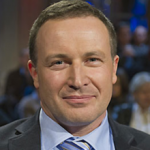
Liquids confined in pores a few nanometers across play a dominant role in many natural and technological processes ranging from clay swelling, frost heave, and catalysis via colloidal stability and protein folding to transport across artificial nanostructures in chemical reactors. In nanoporous media the geometrical confinement and pore wall-fluid interactions as well as complex pore morphologies may significantly alter physico-chemical equilibrium and non-equilibrium properties of liquids, causing, for example, the molecular structuring of the fluid, huge negative Laplace pressures in the liquid and changed shear viscosities.
Guest lecture by Prof. Patrick Huber (Hamburg University of Technology TUHH) on the 24th of November 2021
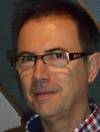
Guest lecture by Prof. Fabrice Patisson (Mines Nancy) on the 19th of October 2021
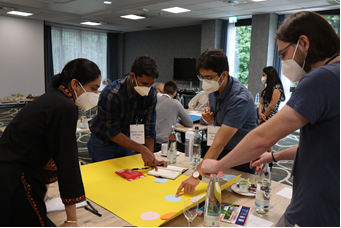
Doctoral Researcher’s Workshop
13 – 14 September 2021 in Hannover
The doctoral and post-doctoral researchers of the CRC organized a two-day workshop, which addressed scientific aspects of the CRC/TRR and also included team-building activities. With a Trans-disciplinary Creative Collage on knowledge interchange and the CRC Quiz: “Who wants to be a BULK REACTOR?” the PhD students and PostDocs were able to foster their team spirit and promote networking.
Retreat
14 – 15 September 2021 in Hannover
The goal of the retreat was to revisit the research strategy of BULK-REACTION. Through a poster session with updates from the individual research projects and topical discussions about important aspects of the CRC, bottlenecks and problems were identified and solutions developed.
Two guest speakers were invited to review the development of BULK-REACTION and to give advice on potential future research topics:
Dr. Paul Alps (EEW Energy from Waste GmbH) – Heat exchange problems in fluidized bed heat exchanger of an RDF CFB Plant
Prof. Stefan Pirker (JKU Linz) – Existing challenges and novel potentials for DEM and CFD-DEM Simulations
13 – 15 September 2021 in Hannover


Guest lecture by Dr. Christoph Kirsch (Zurich University of Applied Sciences) on the 9th of September 2021

Guest lecture by Prof. Aimy Bazylak (University of Toronto) on the 15th of June 2021

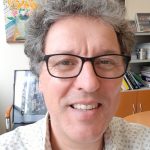
Mass transfer in gas/liquid systems is of prime interest for several areas (medicine, chemical engineering, environmental purpose, wastewater treatment, etc.). Some techniques enable a direct visualization of this complex phenomenon and thus represent a powerful tool for understanding the different mechanisms governing the mass transfer. The purpose of this presentation is to illustrate the combination of different techniques to visualize and quantify accurately both hydrodynamics and mass transfer around different gas/liquid interfaces. Specifics focuses are done on the atomization of droplets, formation of bubble in micro-channel and on the study of mass transfer in presence of surfactant in bubble columns.
Guest lecture by Prof. Nicolas Dietrich (l) and Prof. Gilles Hebrard (r) (INSA Toulouse) on the 1st of June 2021
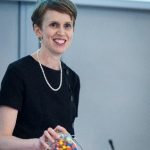
My research aims to provide fundamental explanations to sand behaviour phenomena that have been observed in laboratory experiments or in geotechnical engineering construction. Most of my research exploits DEM. This talk will focus on two strands of research. Firstly I will discuss some of the consideration we have given to the flow of water and suspended solids through sand. I will discuss how we have used CFD to identify how the pore-space topology determines sand permeability. I will also consider some of the challenges associated with using DEM-CFD in coupled simulations of dense, fluid saturated particle systems. The second part of the talk will look at bi-modal granular materials, i.e. mixtures comprising a large and a relatively small size fraction. The behaviour of these materials does not always confirm to the expected behaviour characteristics for sand. Some consideration has been given to meaning of packing density in these materials and we have recently looked at this using DEM. The variation in the way stress is transmitted amongst the different size fractions will also be discussed. Finally I will look at how the stress: deformation response varies with both the volumetric content of the finer particles and the size ratio of the two particle fractions.
Guest lecture by Prof. Catherine O’Sullivan (Imperial College London) on the 11th of May 2021
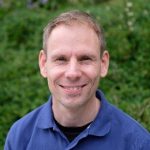
Guest lecture by Prof. Harald Kruggel-Emden (TU-Berlin) on the 19th of February 2021
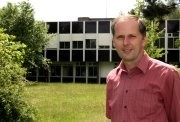
A multitude of engineering applications and physical problems are complex in nature and include a number of separate physical processes that all contribute to the entire application on usually different length and time scales. These applica-tions are as diverse as engineering, astrophysics, material science e.g. additive manufacturing, biology, energy e.g. biomass, environmental science, thermal processing and pharmaceutical industry to name a few. In order to understand the interaction between different physical processes, researchers combine existing models to represent multi-physics/scale applications. In particular, a class of multi-physics problems, that include a discrete phase as a particulate material that is in contact with a fluid phase is of large importance. A major challenge lies in coupling the granular material through heat, mass and momentum exchange to the fluid phase, sometimes a reacting multi-phase flow, so that the overall model is accurate enough and can be executed efficiently on modern computing resources including high performance computing (HPC).
Guest lecture by Prof. Bernhard Peters (University of Luxembourg) on the 8th of December 2020
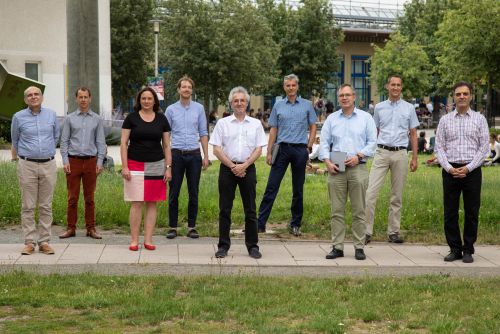
Researchers at the Otto-von-Guericke University Magdeburg, together with partners from the Ruhr University Bochum, want to reduce the enormous amount of energy and raw materials used in large-scale industrial particle production processes.
06. July 2020

10 million euros for research against waste of resources
29. May 2020

